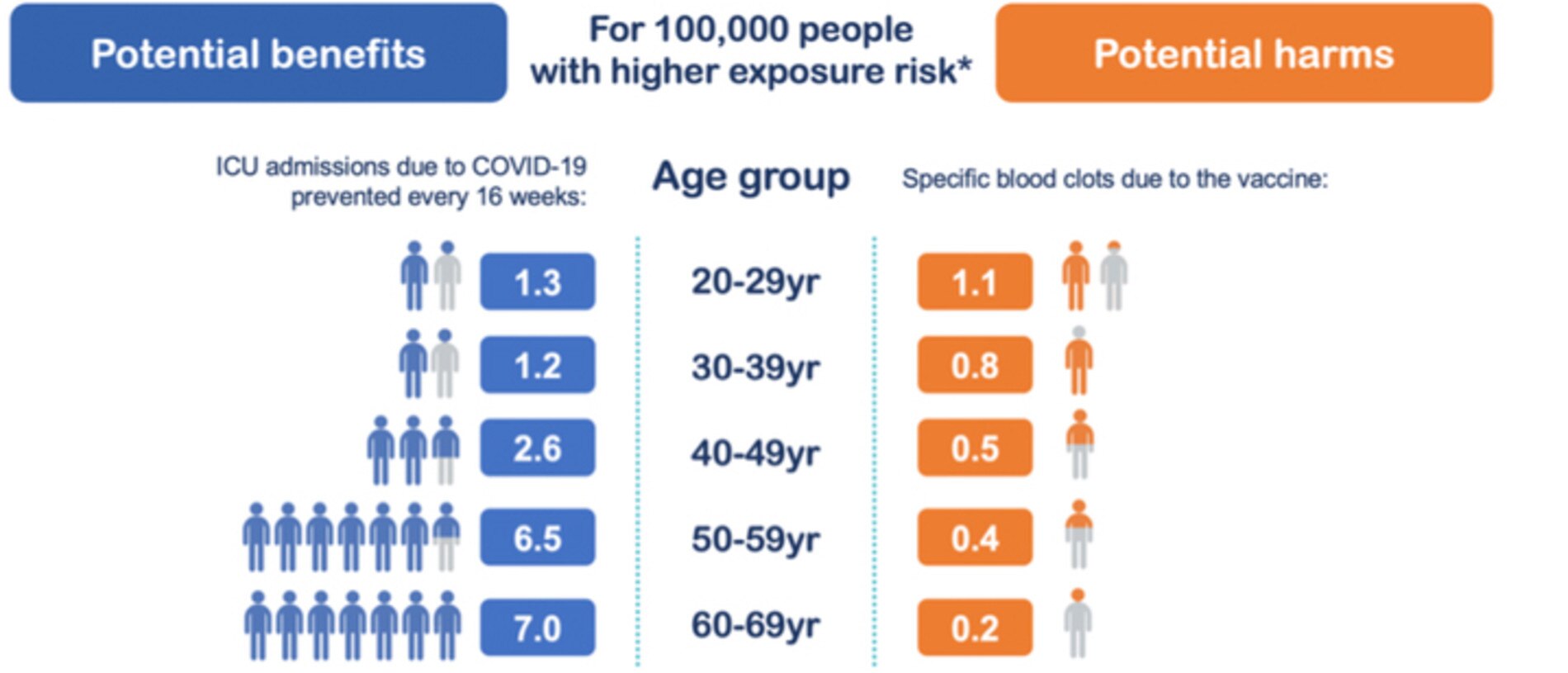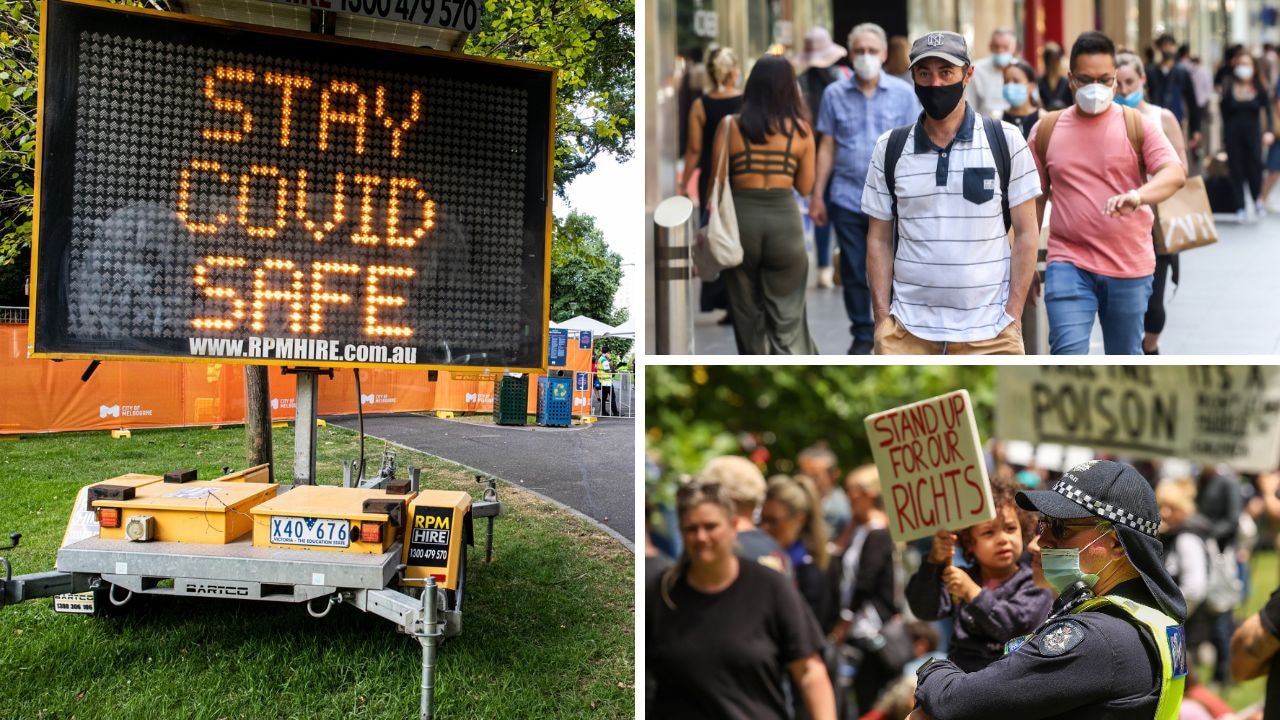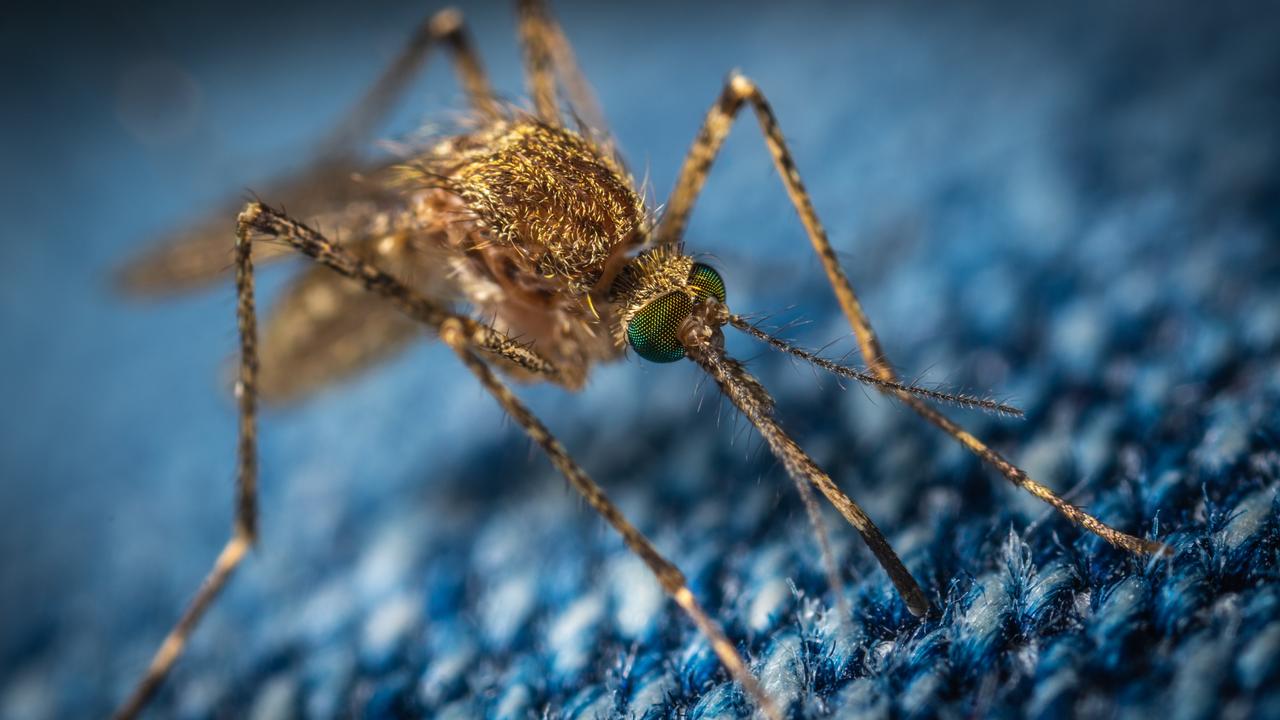The risks over-50s face in getting the AstraZeneca vaccine
Those aged over 50 are now eligible to get the AstraZeneca vaccine but many are worried about whether it’s safe. This is what we know.

From today, Australians aged 50 or older are eligible for a COVID-19 vaccine but many are worried about getting the jab.
More than two million vaccine doses have already been given in Australia so far but concerns have been raised about the AstraZeneca vaccine in recent weeks due to rare cases of life-threatening blood clots.
A recent Guardian Essential poll found willingness to get vaccinated had dropped from 60 to 55 per cent among those aged over 50, and about 39 per cent said they didn’t want to take the AstraZeneca jab.
Health authorities and Prime Minister Scott Morrison, whose mother has been vaccinated with AstraZeneca, have said the vaccine is safe and the benefits outweigh the risks for those aged over 50.
“The risk benefit for over-50s is vastly in favour of being vaccinated,” Health Department secretary Professor Brendan Murphy told reporters on April 22.
Over-50s will be able to get vaccinated through GP respiratory clinics and state and territory vaccination sites from today, with normal GP clinics able to offer the jab from May 17.
In a piece for The Conversation, three experts including Australian National University epidemiologist Meru Sheel outlined how safe and effective the vaccine is, using clinical trial data and information from around 136 countries using the AstraZeneca vaccine.
Is the AstraZeneca vaccine safe?
The experts note that clinical trial as well as real-world data show that the AstraZeneca has a “good safety profile” that is similar to other vaccines used in Australia.
There are some common side effects but these are mostly mild to moderate including reactions at the injection site, fatigue, headache and muscle pain.
About 22 per cent of people missed a day or more of work or studies due to feeling unwell but less than 2 per cent needed to see a doctor.
RELATED: AstraZeneca vaccine to be avoided for under-50s

How likely are you to get blood clots?
The experts note that reactions to the AstraZeneca vaccine have been very rare and this includes thrombocytopenia syndrome, which is when blood clots and low levels of platelets occur between four and 28 days after the jab. About 20 to 25 per cent of people who develop these clots die.
However, only six people in every million who get the jab develop the condition. It tends to be more common in people under 50.
“In Australia, there have been six cases of this type of blood clotting: one person in their 30s, four in their 40s, and one in their 80s. Of these, a person in their 40s has died from it,” the article notes.
Looking at the small amount of data available so far gained from Victoria’s second wave in July 2020, Australians are 10 times more likely to get severely ill or hospitalised from getting COVID-19, than to get a blood clot from the vaccine.
The risk of blood clots for people aged 50-59 years old is about 0.4 per 100,000. For those aged between 60-69, it is 0.2 per 100,000.
However, the risk of getting severely ill from the coronavirus, or of being hospitalised in intensive care, is much higher.
For those aged between 50-59, the risk is about 6.5 per 100,000 (compared to 0.4 per 100,000 for blood clots). For those aged 60-69, it is 7 per 100,000 (compared to 0.2 per 100,000 for blood clots).

Clinical trials found there were 81 per cent fewer COVID-19 cases in vaccinated people than in unvaccinated ones.
“No one who got the vaccine was hospitalised due to COVID-19,” the article notes.
The authors say it is safe to assume the vaccine is at least 80 per cent effective in preventing severe COVID-19 in people aged over 50.
It is also about 70 per cent effective against the B.1.1.7 strain (the more easily spread UK variant).
But we don’t have any outbreaks
While Australia has almost no cases of COVID-19 at the moment, the experts note this could change very quickly if there are new outbreaks.
There is no alternative to the AstraZeneca vaccine for most people over 50 as more shipments of the Pfizer vaccine will not be available until the last quarter of this year.
“So balancing the risks and benefits of the vaccine, is extremely challenging,” the authors note.
“People may not perceive their risk of COVID-19 as high enough to warrant vaccination and are preferring to wait, perhaps six months or more until other vaccines are available.
“However, the potential benefits of the vaccine go far beyond what we’ve already mentioned.
“Vaccination will contribute to the prevention of long COVID-19 (symptoms that linger for months) as well as increased ability to move around freely in society, including being able to attend large events.
“Vaccination will help us avoid lockdowns or school closures, allow us to travel overseas and return to normal life.”
Deakin University epidemiologist Professor Catherine Bennett told ABC she thought people would relax about getting the vaccine once others they knew had got it.
“I think as more people take up the vaccine, I think other people will then think, ‘Yeah, look, there are a lot of benefits from this. My friends are fine. I’m OK with this.’
“So, I think progressively with time people will start to relax more and will probably stop chasing every single case that might or might not be related to some sort of reaction.”




